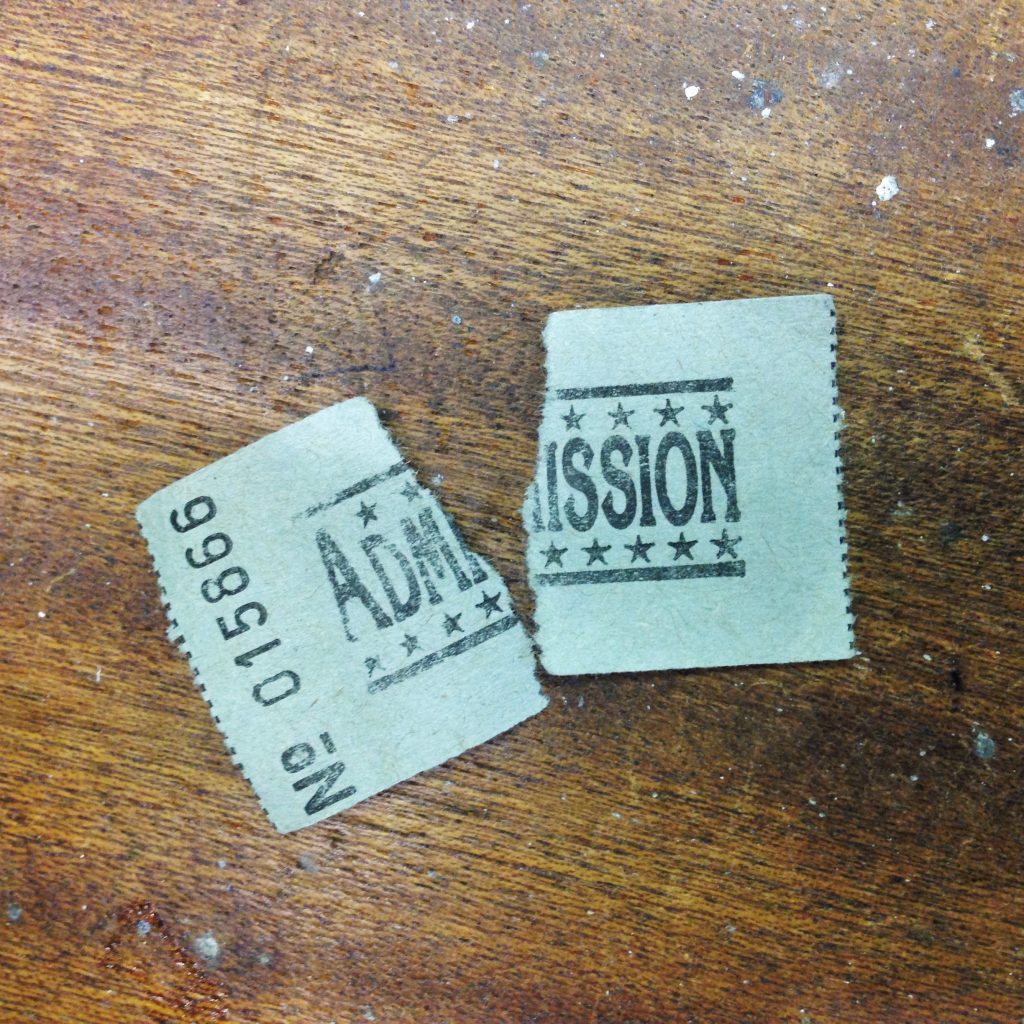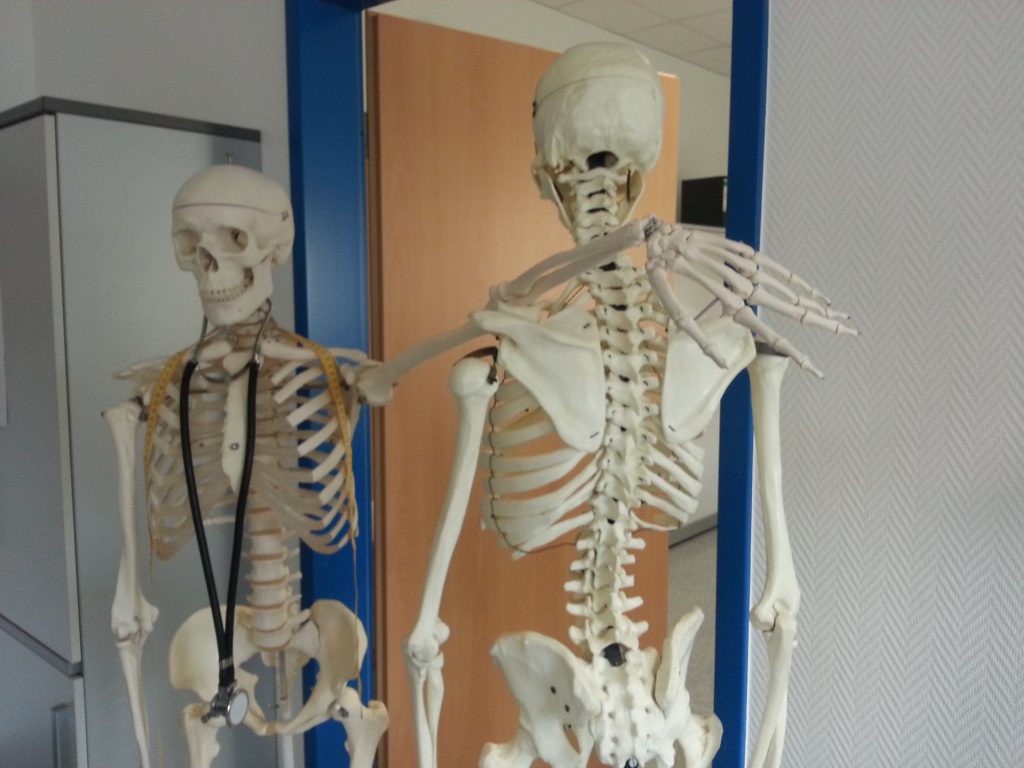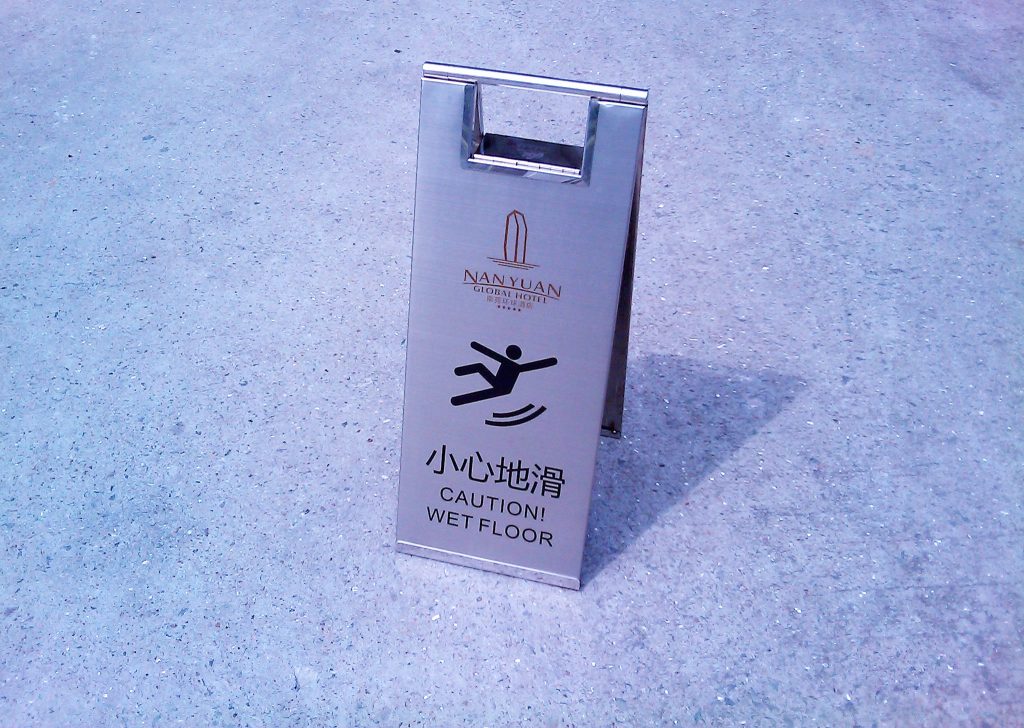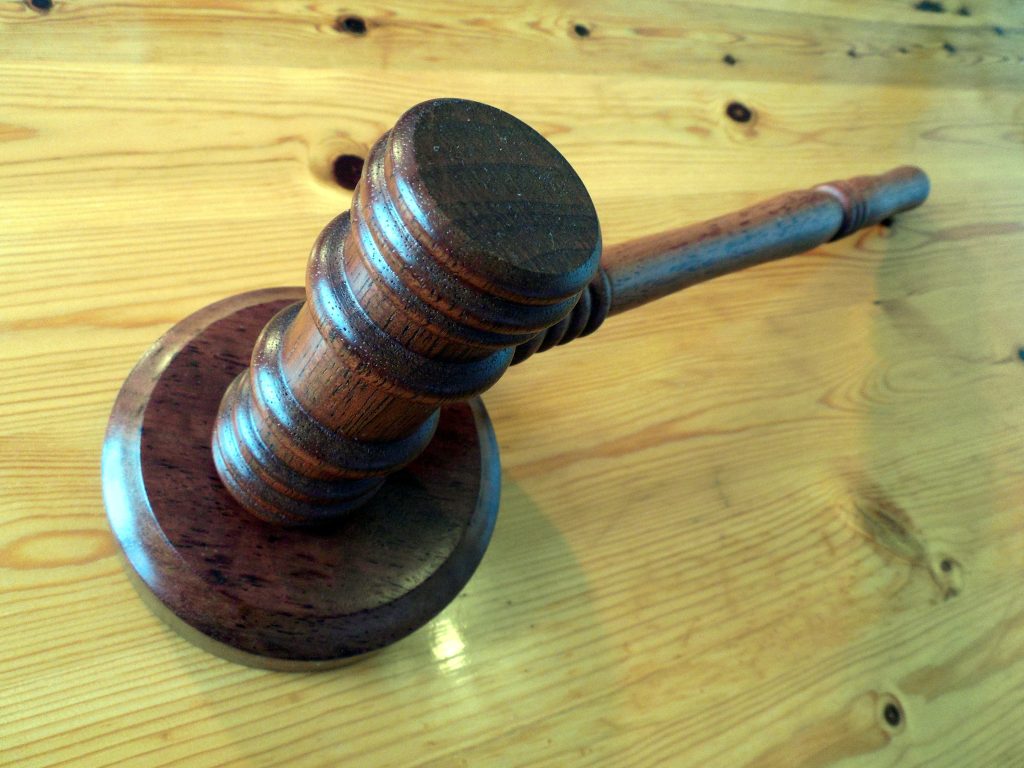
What do the movie, “Charlie and the Chocolate Factory,” and final judgments have in common? Both require a “golden ticket” to succeed in the next phase. In Charlie and the Chocolate Factory, each contestant must have a golden ticket to gain access to Willy Wonka’s Chocolate Factory. In trial-level court cases, judgments must include clear, specific language that makes them valid and disputable. Although the chances of Charlie discovering one of the five golden tickets were rare, the chances of an appeal being heard are less likely without a valid, disputable judgment.
What language is required to make a judgment valid and disputable? How does a court correct a judgment that does not include clear and specific language? A recent case out of Lafayette addressed these questions and offered preventative measures to avoid future occurrences of the same dilemma.
Curley Mouton lost his life in an automobile accident on April 24, 2014, after a tire on a tractor-trailer failed and burst, causing debris to fly into the roadway. Mouton’s surviving spouse and oldest son filed lawsuits against the truck driver, Arthur Huguley, Huguley’s employer, AAA Cooper Transportation, Inc. (ACT), and the insurance company, Ace American Insurance Company (ACE). After a jury trial, a decision favoring Mouton’s spouse and son was made. The jury found Huguley and ACT responsible for the accident, with 10% of the responsibility allocated to Huguley and the remaining 90% allocated to ACT. The jury awarded the Mouton family damages for the survival action and wrongful death damages.
 Louisiana Personal Injury Lawyer Blog
Louisiana Personal Injury Lawyer Blog


 Injuries sustained on the job present challenges for the employee and employer, especially when multiple sites of injury are involved. In addition, injuries all over the body can require different medical treatments for each affected area. Specialized treatments such as a spinal cord stimulator can be recommended to alleviate pain to an injured worker. However, a workers compensation insurance company may not be amenable to pay for such treatment. The following case addresses the question, can a workers compensation claimant receive spinal cord stimulator treatment in Louisiana?
Injuries sustained on the job present challenges for the employee and employer, especially when multiple sites of injury are involved. In addition, injuries all over the body can require different medical treatments for each affected area. Specialized treatments such as a spinal cord stimulator can be recommended to alleviate pain to an injured worker. However, a workers compensation insurance company may not be amenable to pay for such treatment. The following case addresses the question, can a workers compensation claimant receive spinal cord stimulator treatment in Louisiana? Slip and fall claims are among the most common types of personal injury lawsuits. But how do you ensure that your claim makes it through the legal process? A dismissed case against a Metairie restaurant can show you what mistakes to avoid in setting up your slip-and-fall claim for success.
Slip and fall claims are among the most common types of personal injury lawsuits. But how do you ensure that your claim makes it through the legal process? A dismissed case against a Metairie restaurant can show you what mistakes to avoid in setting up your slip-and-fall claim for success.  Medical conditions can be a sensitive topic for both employers and employees. While employers are extremely cautious in not asking discriminatory questions, the employees may still be reluctant and afraid to lay all cards on the table. Understandably, workers who suffer from pre-existing medical conditions feel that they don’t need to inform their employers as long as the illnesses are not getting in the way of work. But should they? A recent case from Lousiana Fourth Circuit illuminates the legal consequences where the employee lied on the medical forms and later requested worker’s compensation.
Medical conditions can be a sensitive topic for both employers and employees. While employers are extremely cautious in not asking discriminatory questions, the employees may still be reluctant and afraid to lay all cards on the table. Understandably, workers who suffer from pre-existing medical conditions feel that they don’t need to inform their employers as long as the illnesses are not getting in the way of work. But should they? A recent case from Lousiana Fourth Circuit illuminates the legal consequences where the employee lied on the medical forms and later requested worker’s compensation. The Collateral Source Rule in Louisiana law prevents a tortfeasor (a person who harmed another) from benefiting from the victim’s receipt of funds from an independent source. So what does that mean?
The Collateral Source Rule in Louisiana law prevents a tortfeasor (a person who harmed another) from benefiting from the victim’s receipt of funds from an independent source. So what does that mean? Lawsuits and appeals can bring up complicated legal issues such as jurisdiction. Jurisdiction is a legal principle that determines the extent and authority of a court to hear and decide cases. There are two primary types of jurisdiction: personal jurisdiction and subject matter jurisdiction.
Lawsuits and appeals can bring up complicated legal issues such as jurisdiction. Jurisdiction is a legal principle that determines the extent and authority of a court to hear and decide cases. There are two primary types of jurisdiction: personal jurisdiction and subject matter jurisdiction. Insurance claims can be complex, even for the courts. Lawsuits involving multiple plaintiffs and defendants are just as complicated. Claims, cross-claims, and counterclaims can arise from a single accident.
Insurance claims can be complex, even for the courts. Lawsuits involving multiple plaintiffs and defendants are just as complicated. Claims, cross-claims, and counterclaims can arise from a single accident. Most consumers in the U.S. are aware of increasingly high medical costs. For most people, those high costs are not directly paid; instead, they appear on a bill along with what one’s insurance company will pay as part of an agreement with the medical provider. Many insured consumers will look for “in-plan” medical providers to ensure that most costs are covered. Those “in-plan” providers are part of a preferred provider organization (PPO), which is a subscription-based medical arrangement that allows a substantial discount on rates to be charged.
Most consumers in the U.S. are aware of increasingly high medical costs. For most people, those high costs are not directly paid; instead, they appear on a bill along with what one’s insurance company will pay as part of an agreement with the medical provider. Many insured consumers will look for “in-plan” medical providers to ensure that most costs are covered. Those “in-plan” providers are part of a preferred provider organization (PPO), which is a subscription-based medical arrangement that allows a substantial discount on rates to be charged.  If you’re in a car wreck, you expect, or hope, to be covered for UM Bodily injury (UMBI) up to certain policy limits. However, when signing up for insurance, you must carefully review the coverages. The law in Louisiana has strict requirements when it comes to selecting or rejecting Uninsured motorist coverage. If you aren’t careful, you may unknowingly reject or limit the coverage you thought you had. New Orleans citizen Zachary Addison learned this lesson the hard way after being involved in a car incident in 2013.
If you’re in a car wreck, you expect, or hope, to be covered for UM Bodily injury (UMBI) up to certain policy limits. However, when signing up for insurance, you must carefully review the coverages. The law in Louisiana has strict requirements when it comes to selecting or rejecting Uninsured motorist coverage. If you aren’t careful, you may unknowingly reject or limit the coverage you thought you had. New Orleans citizen Zachary Addison learned this lesson the hard way after being involved in a car incident in 2013.  Car accidents are common and complicated. Wrecks can involve company cars, ride shares, and large commercial vehicles, all with different types of insurance. Impacts can occur while driving on a work errand. All these different types of accidents invoke numerous insurance questions. Questions such as; If you are out driving on a work errand, will your business’s uninsured motorist insurance provide coverage? The Louisiana Court of Appeals grappled with these issues in a recent appeal.
Car accidents are common and complicated. Wrecks can involve company cars, ride shares, and large commercial vehicles, all with different types of insurance. Impacts can occur while driving on a work errand. All these different types of accidents invoke numerous insurance questions. Questions such as; If you are out driving on a work errand, will your business’s uninsured motorist insurance provide coverage? The Louisiana Court of Appeals grappled with these issues in a recent appeal.